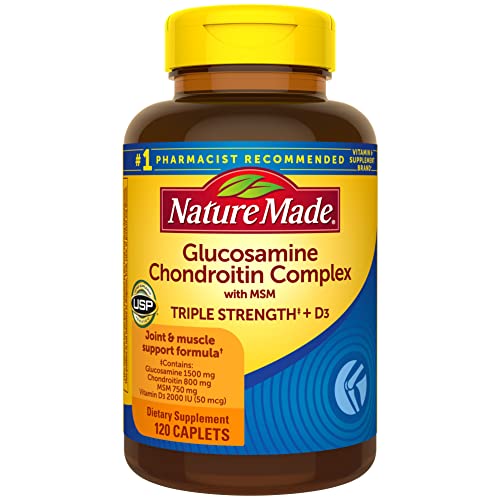New Drug Shows Promise for Heart Disease: Acoramidis
Quick Summary: A new drug called acoramidis helped people with a specific type of heart disease live longer and stay out of the hospital in a recent study. The drug works by stabilizing a protein that can build up in the heart and cause problems.
What The Research Found
The study looked at acoramidis for a heart condition called transthyretin amyloid cardiomyopathy (ATTR-CM). This condition happens when a protein called transthyretin (TTR) builds up in the heart and damages it. The research showed that people taking acoramidis had better outcomes than those taking a placebo (a "dummy" pill). They were less likely to die or be hospitalized for heart problems.
Study Details
- Who was studied: 632 people with ATTR-CM.
- How long: The study lasted for 30 months (2.5 years).
- What they took: Participants were randomly assigned to take either acoramidis (800 mg twice a day) or a placebo.
What This Means For You
If you have ATTR-CM, this research is good news. Acoramidis could help you live longer and reduce your risk of heart-related hospital stays. Talk to your doctor to see if this treatment might be right for you.
Study Limitations
- The study only included people with a certain level of kidney function.
- The study was funded by a pharmaceutical company, which could potentially influence the results.
- The long-term effects of acoramidis are still unknown.
Technical Analysis Details
Key Findings
The study found that acoramidis significantly improved outcomes in patients with transthyretin amyloid cardiomyopathy (ATTR-CM) compared to placebo. Over 30 months, the primary hierarchical composite outcome (mortality, cardiovascular hospitalization, and functional decline) showed a win ratio of 1.8 (95% CI 1.4–2.2, P<0.001), with 63.7% of pairwise comparisons favoring acoramidis versus 35.9% for placebo. Cardiovascular-related hospitalizations and all-cause mortality accounted for 58% of the observed benefits. Additionally, acoramidis demonstrated a favorable safety profile, with similar overall adverse event rates to placebo (98.1% vs. 97.6%) and fewer serious adverse events (54.6% vs. 64.9%).
Study Design
This was a phase 3, double-blind, placebo-controlled randomized clinical trial (RCT) involving 632 patients with ATTR-CM and an estimated glomerular filtration rate (eGFR) ≥30 ml/min/1.73 m². Participants were assigned in a 2:1 ratio to receive acoramidis hydrochloride (800 mg twice daily) or placebo for 30 months. The study was funded by BridgeBio Pharma and registered under NCT03860935.
Dosage & Administration
Acoramidis was administered orally at a dose of 800 mg twice daily. Placebo capsules were matched in appearance to maintain blinding. The regimen was designed to achieve sustained TTR stabilization (>90% ex vivo tetramer stabilization across dosing intervals).
Results & Efficacy
The primary outcome strongly favored acoramidis, with a statistically significant win ratio of 1.8 (95% CI 1.4–2.2, P<0.001). NT-proBNP (a biomarker of cardiac stress) comparisons showed the highest wins-to-losses ratio (23.3% vs. 7.0%). Serious adverse events were less frequent in the acoramidis group (54.6% vs. 64.9%), though overall adverse event rates were similar (98.1% vs. 97.6%).
Limitations
The study excluded patients with eGFR <30 ml/min/1.73 m², limiting generalizability to those with severe renal impairment. Demographics (e.g., age, sex, race) were not detailed in the provided summary. The composite primary endpoint prioritizes certain outcomes hierarchically, potentially masking variability in individual components. Long-term safety beyond 30 months remains unclear. Funding by a pharmaceutical company may introduce bias in interpretation.
Clinical Relevance
Acoramidis offers a promising therapeutic option for ATTR-CM patients with preserved kidney function, reducing mortality and cardiovascular hospitalizations. Its twice-daily dosing and safety profile comparable to placebo support its potential as a first-line treatment. However, clinicians should monitor renal function and consider individual patient factors. These results establish acoramidis as a viable alternative to existing TTR stabilizers like tafamidis, though further research is needed for broader populations.
Note: This analysis is specific to the provided study details and does not incorporate external data. The study type described in the source (observational) conflicts with the methodology (RCT), which may reflect classification discrepancies.
Original Study Reference
Efficacy and Safety of Acoramidis in Transthyretin Amyloid Cardiomyopathy.
Source: PubMed
Published: 2024
📄 Read Full Study (PMID: 38197816)




